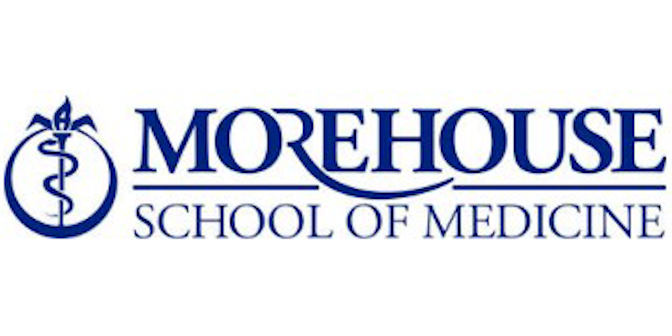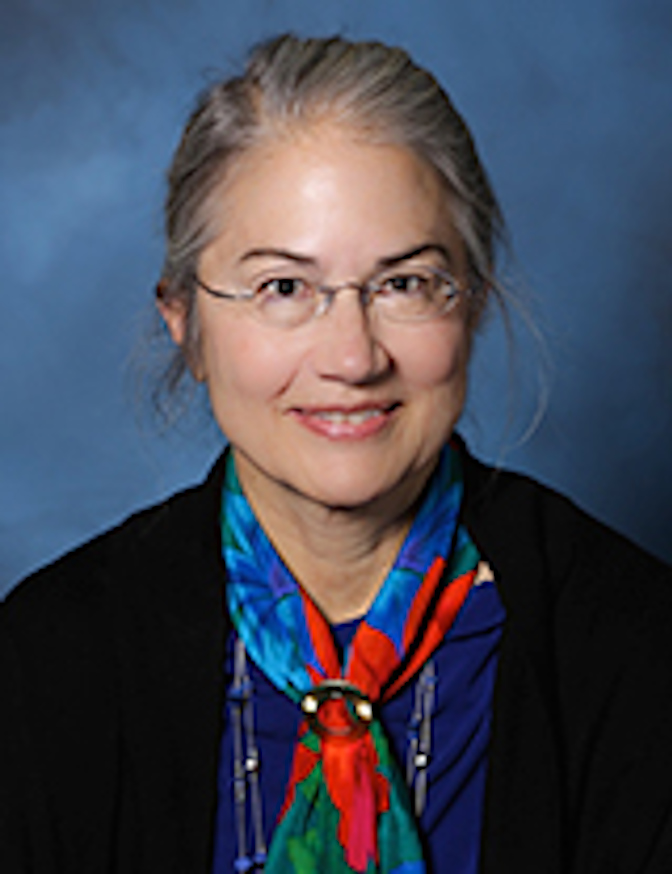Med Ed
AACOM, AAMC, ACGME, and ECFMG announce support for the transition to residency
Honoring Excellence: Morehouse School of Medicine receives 2021 ACGME Diversity and Inclusion Award
Morehouse School of Medicine is one of two inaugural recipients of the ACGME’s Diversity and Inclusion Award.

February 22, 2021
This week's edition of the e-Communication includes information on #ThankaResidentDay; the Annual Educational Conference; the Diversity, Equity, and Inclusion Leadership Forum; ACGME Award nominations, and more.
February 15, 2021
This week's edition of the e-Communication includes information on #ThankaResidentDay; the Annual Educational Conference; the Diversity, Equity, and Inclusion Leadership Forum; ACGME Award nominations, and more.
Chief Diversity, Equity, and Inclusion Officer William A. McDade, MD, PhD Quoted in Story on Medical School Diversity
The Indianapolis Recorder considered the under representation of African American medical students leading to disparities in healthcare. Dr. McDade says medical schools must rethink "what constitutes merit."
Journal Notes: JGME Goes Open Access
Beginning in 2021 and going forward, the Journal of Graduate Medical Education (JGME) will be a completely open-access journal.

February 8, 2021
This weeks e-Communication announces the inaugural recipients of the Diversity and Inclusion Award, information on the Annual Educational Conference virtual platform, an invitation to nominate colleagues for the 2022 ACGME Awards, and Review Committee news.
National Academy of Medicine Extends Action Collaborative on Clinician Well-Being and Resilience until 2022
The National Academy of Medicine (NAM) Action Collaborative on Clinician Well-Being and Resilience (Clinician Well-Being Collaborative) is announcing a two-year extension of its work to address burnout faced by healthcare workers. The ACGME is proud to co-chair the Action Collaborative, a network of more than 200 organizations committed to the cause.

Emory and Morehouse Recognized with Inaugural ACGME Diversity and Inclusion Award

February 1, 2021
This week's e-Communication includes an update from the Physician Coalition for Accountability, a sneak peek of the Annual Educational Conference's virtual platform, an invitation to nominate colleagues for the 2022 ACGME Awards, and more.

